Please help! Contractor tiled shower without waterproofing...
laila619
11 years ago
Featured Answer
Sort by:Oldest
Comments (21)
StoneTech
11 years agolast modified: 9 years agoRelated Professionals
Barrington Hills Kitchen & Bathroom Designers · Wentzville Kitchen & Bathroom Designers · Minnetonka Mills Kitchen & Bathroom Remodelers · Blasdell Kitchen & Bathroom Remodelers · Londonderry Kitchen & Bathroom Remodelers · Cave Spring Kitchen & Bathroom Remodelers · Culpeper Glass & Shower Door Dealers · Lakewood Glass & Shower Door Dealers · Winnetka Glass & Shower Door Dealers · South Miami Heights Glass & Shower Door Dealers · Ponte Vedra Glass & Shower Door Dealers · Bullhead City Cabinets & Cabinetry · Campbell Window Treatments · Rancho Santa Margarita Window Treatments · Ridgewood Window Treatmentskmcg
11 years agolast modified: 9 years agoMongoCT
11 years agolast modified: 9 years agobill_vincent
11 years agolast modified: 9 years agolaila619
11 years agolast modified: 9 years agolaila619
11 years agolast modified: 9 years agodekeoboe
11 years agolast modified: 9 years agokmcg
11 years agolast modified: 9 years agoMongoCT
11 years agolast modified: 9 years agolaila619
11 years agolast modified: 9 years agogreg_2010
11 years agolast modified: 9 years agoMongoCT
11 years agolast modified: 9 years agoMongoCT
11 years agolast modified: 9 years agolaila619
11 years agolast modified: 9 years agotartanhabit
11 years agolast modified: 9 years agoLynda Peregrine
7 years agomillworkman
7 years agoCHRISTI TASKER | Creative Director, Designer
3 years agoDomaine Interior Design
2 years agoJess
last year
Related Stories
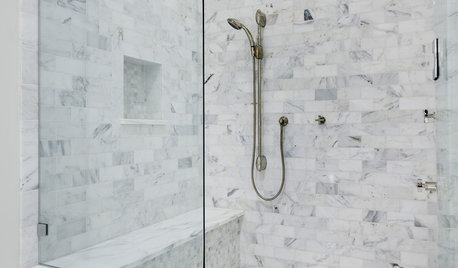
BATHROOM DESIGNConvert Your Tub Space Into a Shower — Waterproofing and Drainage
Step 4 in swapping your tub for a sleek new shower: Pick your waterproofing materials and drain, and don't forget to test
Full Story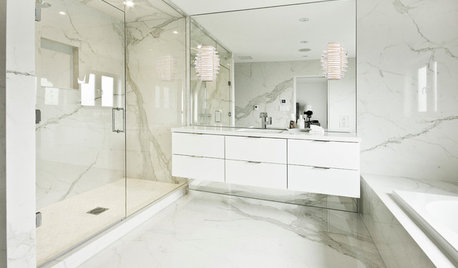
DECORATING GUIDESLook-Alikes That Save Money Without Skimping on Style
Whether in woodwork, flooring, wall treatments or tile, you can get a luxe effect while spending less
Full Story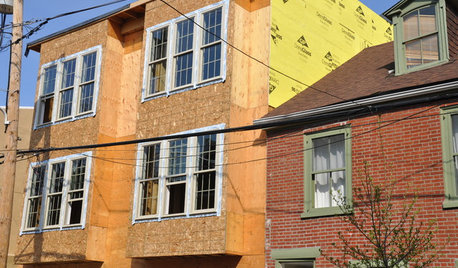
WORKING WITH PROS5 Steps to Help You Hire the Right Contractor
Don't take chances on this all-important team member. Find the best general contractor for your remodel or new build by heeding this advice
Full Story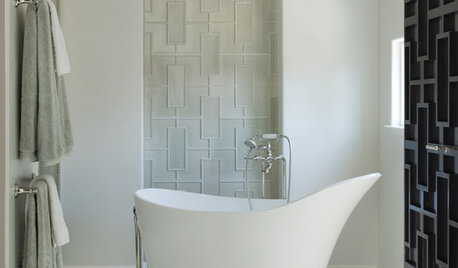
REMODELING GUIDESContractor Tips: How to Install Tile
Before you pick up a single tile, pull from these tips for expert results
Full Story
REMODELING GUIDESContractor Tips: What Your Contractor Really Means
Translate your contractor's lingo to get the communication on your home project right
Full Story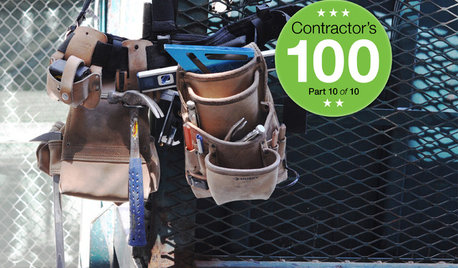
REMODELING GUIDESContractor's Tips: 10 Things Your Contractor Might Not Tell You
Climbing through your closets and fielding design issues galore, your contractor might stay mum. Here's what you're missing
Full Story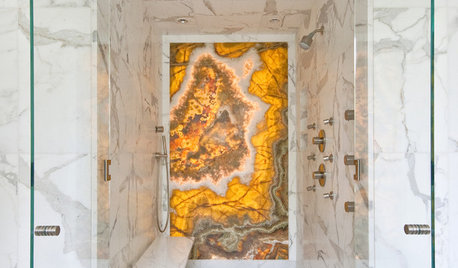
BATHROOM DESIGNHow to Build a Better Shower Curb
Work with your contractors and installers to ensure a safe, stylish curb that keeps the water where it belongs
Full Story
REMODELING GUIDESContractor Tips: 10 Ways to Get the Remodel You Want for Less
Lighten the load on your remodeling budget without sacrificing your design by heeding this insider advice
Full Story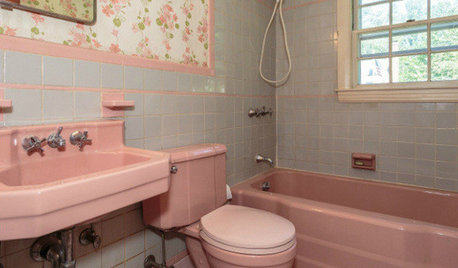
BATHROOM COLOR8 Ways to Spruce Up an Older Bathroom (Without Remodeling)
Mint tiles got you feeling blue? Don’t demolish — distract the eye by updating small details
Full Story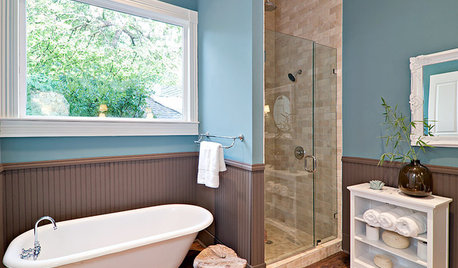
4 Easy Ways to Renew Your Bathroom Without Remodeling
Take your bathroom from drab to fab without getting out the sledgehammer or racking up lots of charges
Full StoryMore Discussions







Gracie